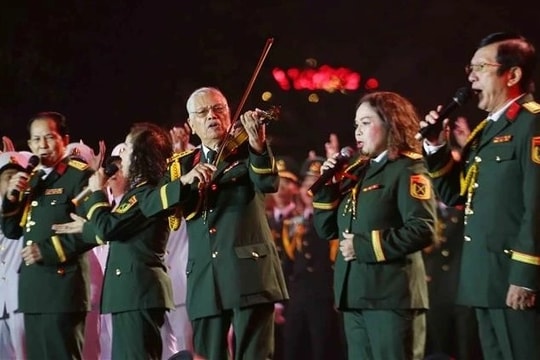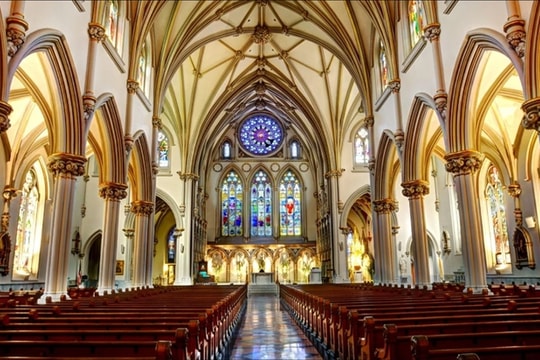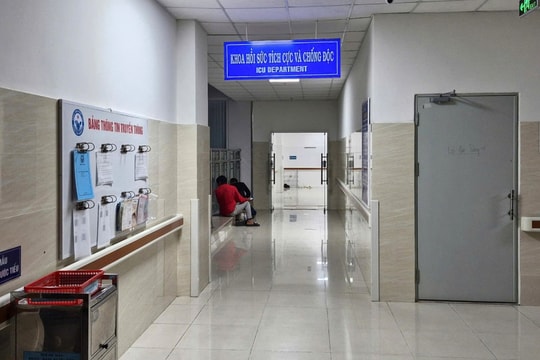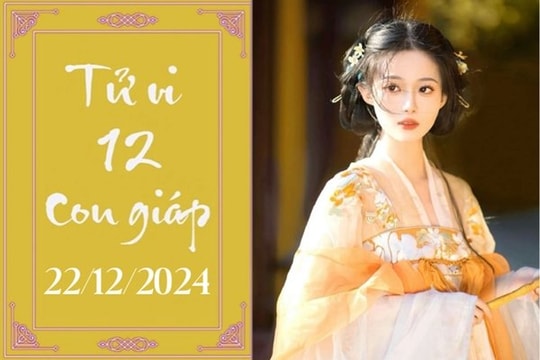HÀ NỘI President Hồ Chí Minh dedicated his entire life to the noble goal of achieving independence and freedom for Việt Nam; bringing prosperity and happiness to Vietnamese people and leaving behind noble values for humanity.
When he passed away on September 2, 1969, he left an invaluable legacy for the entire Party and the people, known as Hồ Chí Minh's Thought. This thought has been depicted in his literary works and writings, of which, five have been recognised as national treasures.
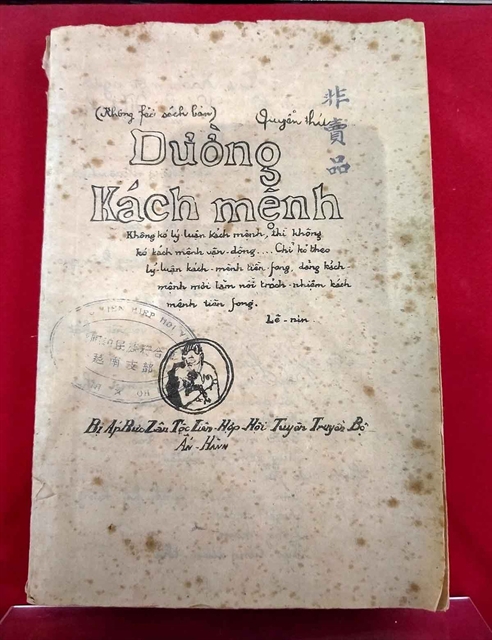 |
| The book 'Đường Kách Mệnh' consists of lectures by Nguyễn Ái Quốc (a pseudonym of President Hồ Chí Minh) at training classes for cadres of the Việt Nam Revolutionary Youth League, held in Guangzhou (China) during 1925-1927. Photo courtesy of the National Museum of History |
Đường Kách Mệnh (Revolutionary Path)
The book Đường Kách Mệnh is a collection of lectures by Nguyễn Ái Quốc (a pseudonym of President Hồ Chí Minh) at training classes for cadres of the Việt Nam Revolutionary Youth League, held in Guangzhou (China) during 1925-1927.
Those lectures were compiled and published as a book by the Propagation Department of the United League of Oppressed Peoples in 1927. Since then, the book has been continuously published by the National Politics Truth Publishing House and widely distributed to a large readership.
It was released at a time when the working-class struggle was intensifying globally, and the national liberation movement in the country saw the emergence of many patriotic organisations with different political orientations.
Nhật Ký Trong Tù (Prison Diary)
In August 1942, Nguyễn Ái Quốc (later became President Hồ Chí Minh) travelled from the northern province of Cao Bằng in Việt Nam to China to seek international support for the Vietnamese revolution in its quest for independence. However, he was unjustly arrested by the Chiang Kai-shek authorities and imprisoned in various places in Guangxi from August 25, 1942 to September 19, 1943.
During his detention, he wrote a collection of poems entitled Prison Diary. Each piece reflects the author's innermost feelings, deeply portraying his thoughts and emotions during his time in captivity in a foreign land. The collection radiates a revolutionary optimism, faith in a bright future, a resilient and persistent spirit and an unwavering determination.
The work has become a national treasure of Việt Nam, praised by international friends and translated into many languages.
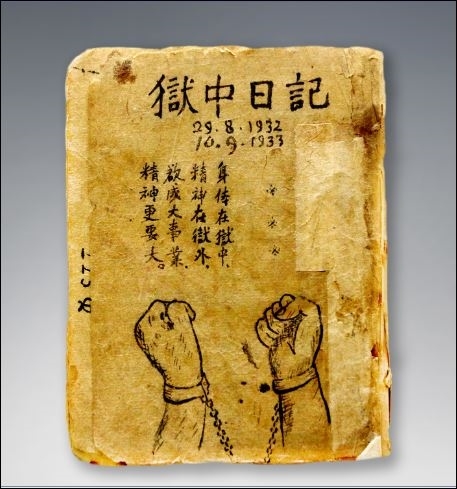 |
| The original manuscript of the poetry collection 'Nhật Ký Trong Tù (Prison Diary). Photo courtesy of the National Museum of History |
The Call for Nationwide Resistance
On December 20, 1946, President Hồ Chí Minh's call for the entire nation to rise up against French colonialism echoed on the waves of the Voice of Vietnam Radio to all corners of the country: "Dear all fellow countrymen! If we want peace, we must make concessions. But the more we concede, the more the French colonists encroach upon us, for they are determined to invade our country once again! No! We would rather sacrifice everything than lose our country, than live as slaves. Dear fellow countrymen! We must rise up!"
The call expresses the unwavering determination of the entire people, awakening the strength of patriotism and the tradition of indomitable heroism; encouraging and urging the entire the people and the military to wage a war of resistance against the French to reclaim independence and freedom for the homeland.
The "Call for Nationwide Resistance" was made 78 years ago, but its historic significance and relevance to the era remain intact. It is not only a brilliant symbol of revolutionary heroism, patriotism, solidarity, and the resilient spirit of the Vietnamese people, but this call also holds historic value as a platform for resistance, containing fundamental views on the ideology and strategy of people's war, affirming the patriotic spirit and the unyielding will of the nation that will surely triumph.
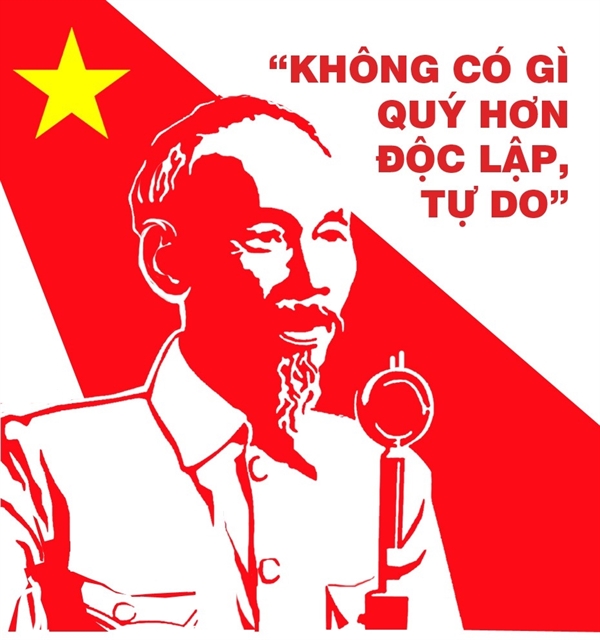 |
| In the process of building and defending the country today, the thought 'Nothing is more precious than independence and freedom' continues to serve as a guiding principle for the entire Vietnamese people to strive for national development. |
The Call to Fellow Countrymen and Soldiers Nationwide
"The Call to Fellow Countrymen and Soldiers Nationwide"’ by President Hồ Chí Minh was broadcast by the Voice of Vietnam Radio on the morning of July 17, 1966, when the Vietnamese people's struggle against the American invasion entered its most intense phase
This historic document serves as a rallying cry for national unity and to strengthen faith as they faced the US intensification of war of destruction against North Việt Nam. It inspired millions of hearts and minds of the people and soldiers to eagerly take up arms to fight for independence and freedom.
"The war may last five years, 10 years, 20 years, or even longer. Hà Nội, Hải Phòng and other cities and factories may be devastated, but the Vietnamese people are determined not to be afraid! Nothing is more precious than independence and freedom,” said the call.
The determination of "Nothing is more precious than independence and freedom" became a tremendous moral courage, driving successive generations of Vietnamese to fight against the invading enemy, leading to the great victory of Spring 1975, liberating the South and unifying the country.
President Hồ Chí Minh's Testament
The Testament of President Hồ Chí Minh is the original document written by himself from May 10, 1965, and updated several times until May 19, 1969. This is a historic document and an invaluable cultural heritage of the Việt Nam Communist Party and the entire Vietnamese people.
The immense value of the Testament lies not only in the simple final words of a leader before departing but also in the essence of the ideals, ethics, and noble spirit of a man who dedicated his entire life to the revolutionary cause of the Party and the nation. The significance of the Testament will endure forever, deeply engraved in the minds of every official, party member, and the entire people. VNS



